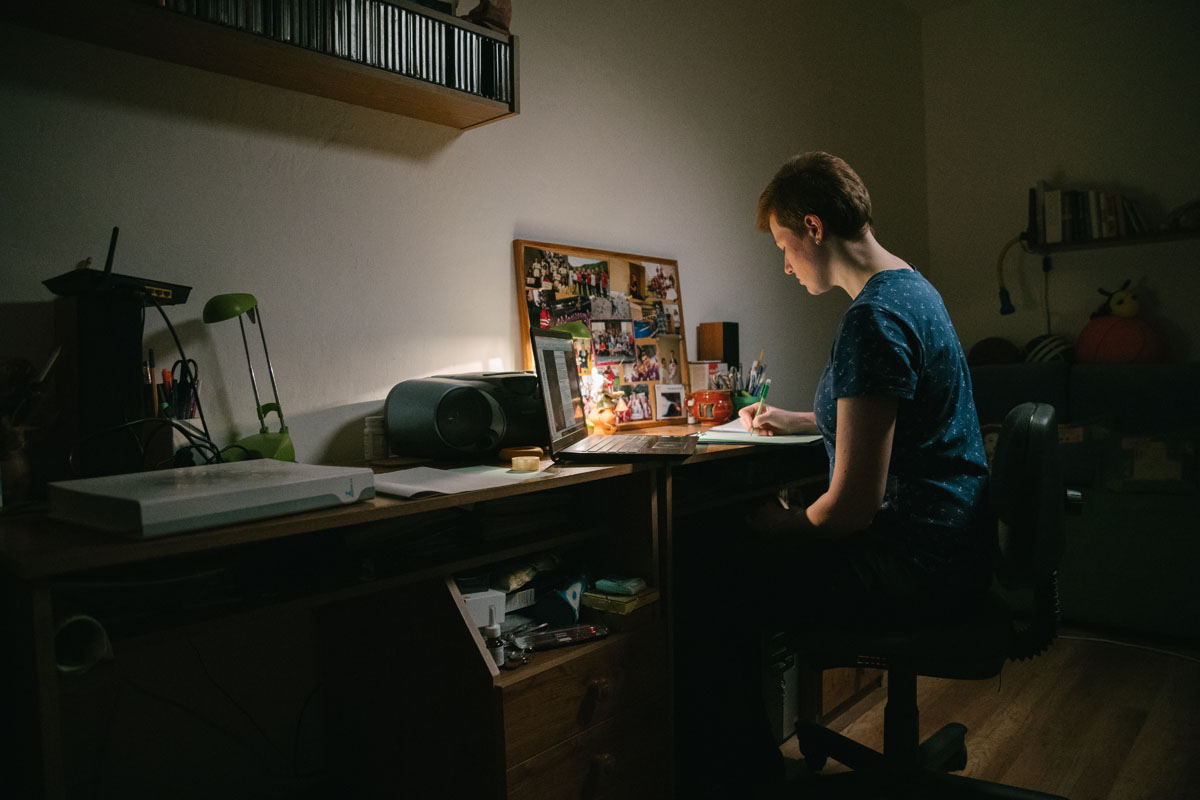Accomplishing great things
This dual path of science and humanitarian concern is not new to Romy. Milan Holota, the director at Roma’s secondary school, said her preference for science-related subjects was clear early on, as was her desire to make the world around her a better place.
“Her favourite (subjects) were the natural science classes, and she was exceptional in her extracurriculars,” he said, referring to her after-school work with the Red Cross, where she became one of its most active members.
But she did not do all of this on her own. She recalls that the support of two women – her mother and her secondary school physics teacher – were essential to her pursuit of a career in science and research.
This kind of support can be essential for young women and girls interested in science. For many, such a path is blocked by cultural attitudes that steer girls away from male-dominated topics such as mathematics and science.
According to the UNESCO Institute for Statistics (UIS), there is a clear gender gap in the science field – only 30 per cent of the world’s researchers are women. It was even less in Romy’s class at university. At the beginning of her university studies, only a fourth of the students were women.
“I think it is mainly because girls are not encouraged to pick careers in natural science,” she says. “I want to tell all women and girls to build strong relationships with each other, to stop belittling one another and to help one another because I think that’s how we accomplish truly great things”.
 Red Cross Red Crescent magazine
Red Cross Red Crescent magazine 









 Tech & Innovation
Tech & Innovation Climate Change
Climate Change Health
Health Migration
Migration